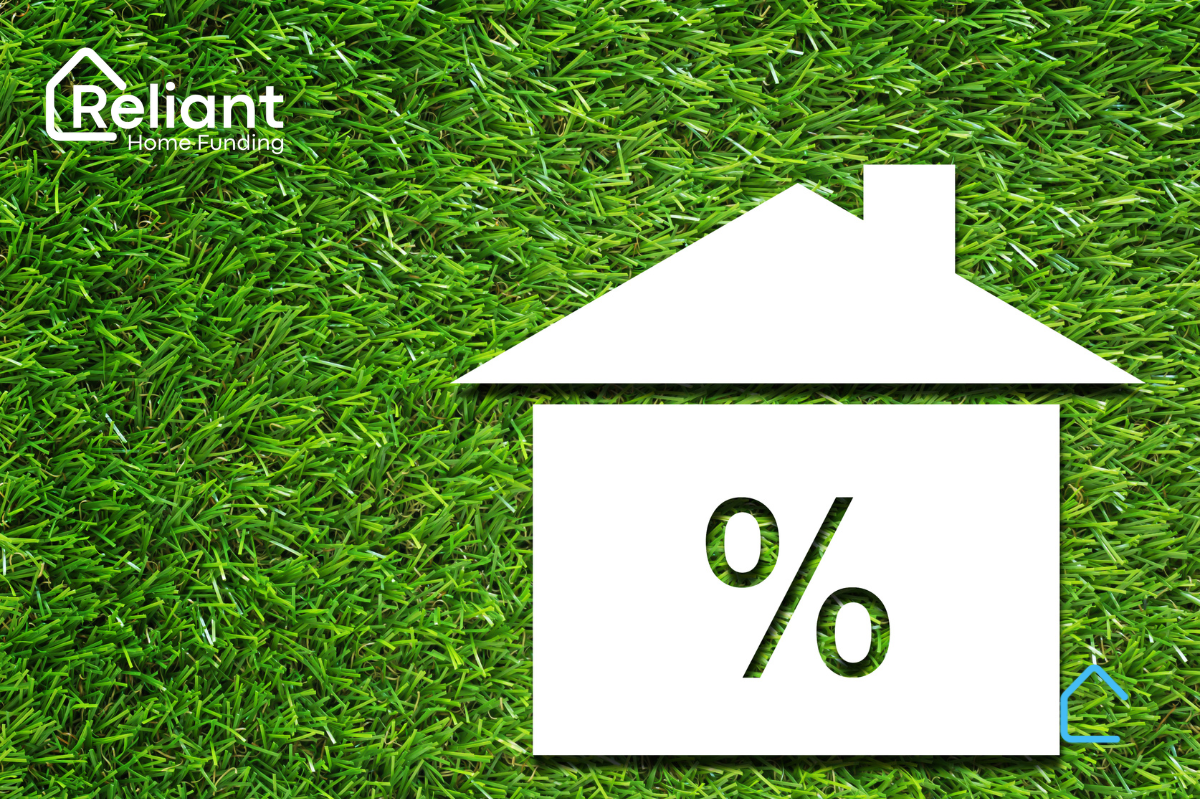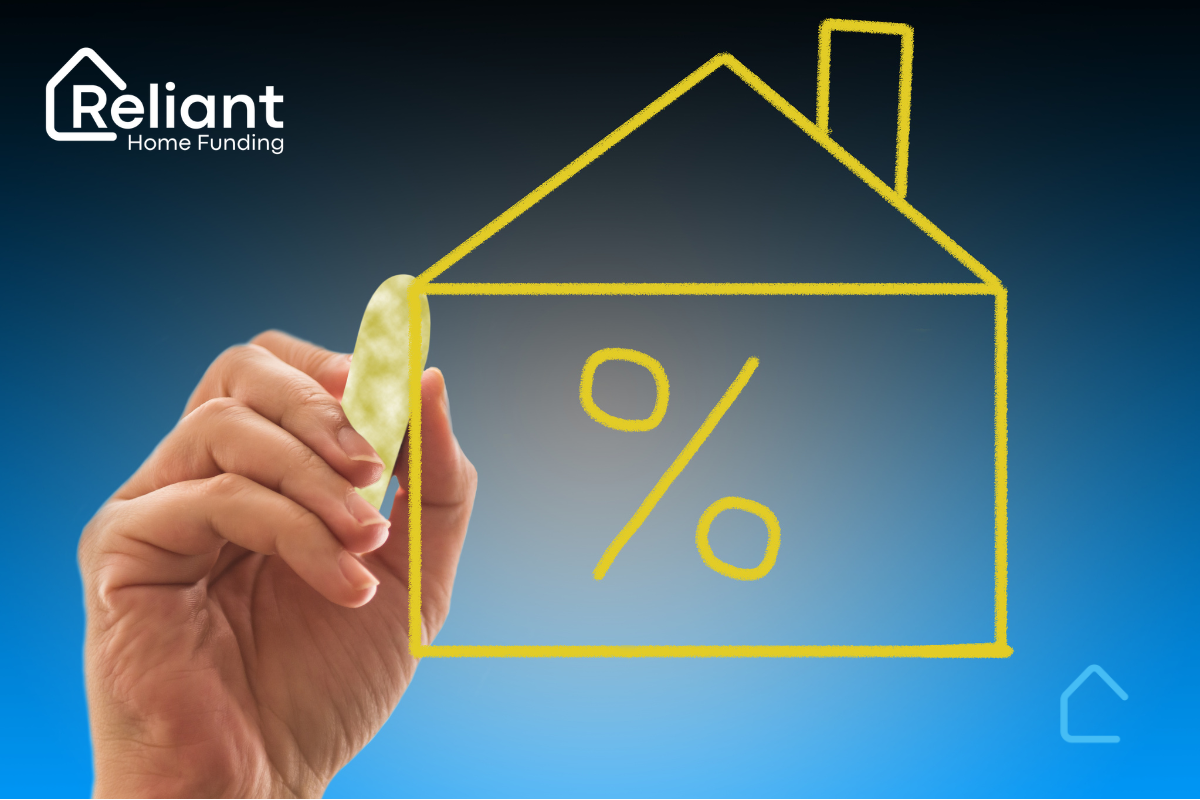Buying a home is a big deal and it’s sensible that you want to make the right financial decisions. Learning what kind of home loan works for you and how to get the best mortgage rate can make a big difference in the long run. The mortgage rate determines the amount of interest you will pay during the period of the loan. Below are some ways to get the best mortgage rate and how to secure it.
Know the Different Mortgage Types
It is important to first understand different types of mortgages; fixed-rate and adjustable-rate. Fixed-rate mortgages keep the same rate through the entire length of the loan and adjustable-rate mortgages change with the market. Both types of loans can have its benefits and drawbacks, but both can be good options depending on your financial situation. Fixed-rate loans will not change, so this can give you a sense of certainty and security of knowing your rate. The only drawback is when the current market interest rate is lower than your fixed rate, you will be at a disadvantage. Adjustable-rate mortgages (ARM) are the opposite. Many start with an introductory low-fixed rate for 3 to 10 years, but after the introductory period is up your interest rate will adjust to the current market rate. This can be a positive or negative event. If the market rate is higher than your initial rate you will be paying more in interest than the market, and vice versa. There is the option of refinancing your mortgage when you want to change the terms of the loan. You can check out our Mortgage 101 article on refinancing here.
Know Your Credit Score
Knowing your credit score is a must when applying for a mortgage loan. One of the first steps in the mortgage process is your loan officer reviewing your credit score. At Reliant Home Funding, our team is able to fully analyze your credit score to get the right mortgage loan for you. Even with an average credit score you can apply for a loan and work on improving it. Some ways to improve your credit score is paying off outstanding balances, paying bills on time, paying down high account balances, and withholding from opening new accounts. Credit score is only one of the criteria that is reviewed when applying for a mortgage loan, there are other factors that can affect your mortgage rate such as your down payment.
Saving up for a down payment can be very valuable in purchasing your home. Having a higher down payment in general brings down the monthly payments and the principle of the loan. Having to borrow less money will lower the amount of interest you pay over the lifetime of the loan, as well. More money down also can qualify you for a lower interest rate. Lenders look at the risk of lending the borrower money, and the way they combat the risk of a lower down payment is to increase the mortgage rate. Down payments can make all the difference, but you also have the choice of paying for discount points.
What Are Discount Points?
Discount Points are another way to lower your mortgage rate. When you apply for a loan, you can have the option of paying an upfront fee to lower your interest rate. This option really depends on how long you plan to keep the loan as you want to at least breakeven on the upfront costs of the points. During the process, feel free to discuss this option with your mortgage loan officer.
However, you slice it, you want to have the mortgage rate that works best for your financial situation. Everyone has different circumstances and there are a variety of ways to go about getting a better mortgage rate. With this newfound knowledge, you can have a discussion with your loan officer to find out what loan options are available to you. Don’t forget to check out more helpful articles on our Mortgage 101 page!



